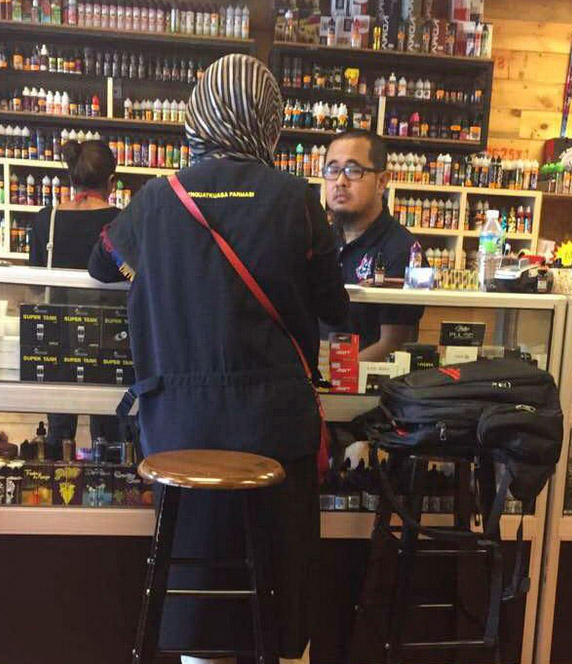However, while Indonesia faces a significant challenge in combating high smoking rates, peer reviewed studies have consistently shown that vaping products actually play a significant role in reducing traditional cigarette consumption. A 2021 study published in the International Journal of Environmental Research and Public Health, reiterated that vaping has the potential to serve as a harm reduction tool. The research indicated that smokers who switched to vaping experienced a reduction in exposure to harmful chemicals found in traditional cigarettes, potentially lowering health risks.
The tax does not reflect the relative safety of vapes
While a 2019 report by the National Academies of Sciences, Engineering, and Medicine in the US, reiterated that while not risk-free, vaping is less harmful than smoking, and switching from smoking to vaping “reduces users’ exposure to numerous toxicants and carcinogens present in combustible tobacco cigarettes.” If these findings were applied to the Indonesian context where smoking prevalence remains high, promoting vaping as a less harmful alternative to help smokers transition away from conventional cigarettes, would be viewed as an excellent public health strategy.
Given the situation in Indonesia, exploring harm reduction strategies like vaping present a potential avenue for positive public health outcomes, as long as stringent regulations are set in place to prevent youth initiation. This argument has not only been backed by countless studies, but also tirelessly repeated by smoking cessation experts worldwide. Sadly, Indonesian authorities seem set to ignore it.
How has the tax affected sales?
Discussing this tax with local retailers living in Bali, the touristic Indonesian island where mainland rules tend to apply less, Vaping Post learned that locals adapted to the new prices by purchasing products illegally imported from neighbouring countries. “The new tax has not really effected sales by foreigners,” said vape shop owner Gede who would like his shop to remain unnamed. “Probably because they do not know how to obtain cheaper products.”
“For the locals it is a different story. They know people they can trust to buy cheaper products from. So they don’t buy from regular shops anymore.” A second retailer, Nyoman Wirdana, passed similar comments. He added that some vape shops have a special stash of illicit products at the back of their shops, which they offer only to customers they trust. “These products are not dangerous, they are just imported from countries with no tax” he told Vaping Post.
Such patterns of behavior in response to bans or increases in prices, have been observed worldwide. This has consistently prompted experts in the field to advocate for sensible regulations and prices, so as to ensure products are safe and accessible via reliable and non-criminal sources.








